Modernism
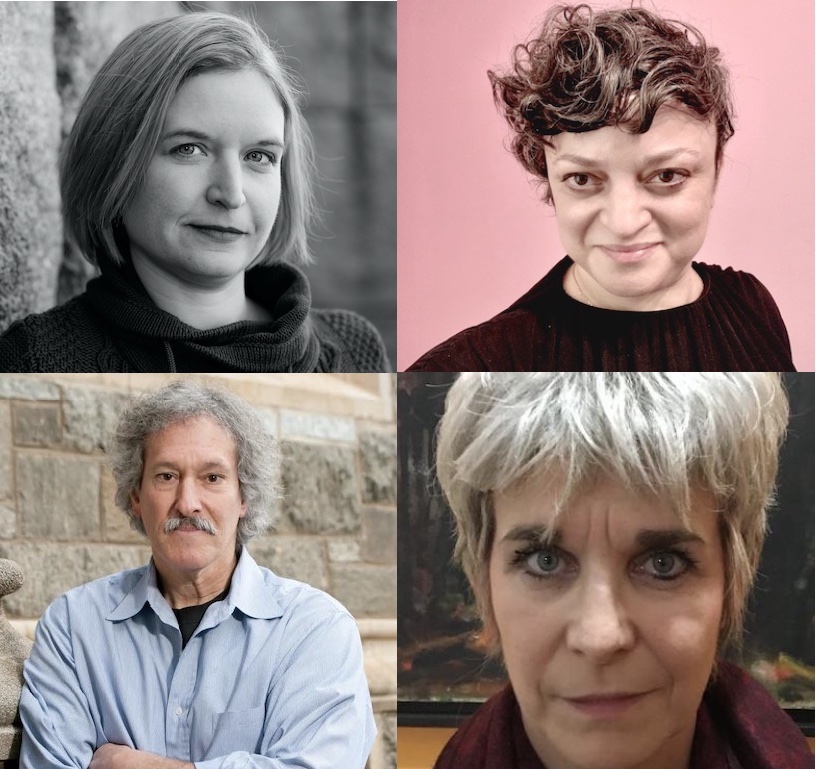
CONFERENCE
Artists Migrating to the United States, In and Beyond the Nazi Period
FEATURING Rebecca Erbelding, PhD,
Katya Grokhovsky, and Ori Z Soltes, PhD
1014 - space for ideas
1014 5th Avenue, New York, New York, NY, United States
Shaped in accordance with the theme of the current Fritz Ascher Society online project, "Identity, Art and Migration," this brief conference focusses on psychological, historical and art historical aspects of migration—broadly and in particular within the context of artists seeking refuge in the United States during the Holocaust. Expert Panel: Rebecca Erbelding, PhD, USHMM historian in Washington DC Katya Grokhovsky, artist and founder of The Immigrant Artist Biennal in New York NY and Ori Z Soltes, PhD, Teaching Professor at Georgetown University in Washington DC These diverse experts will address the specifics of American immigration policies in the first half of the twentieth century and how they particularly affected those seeking refuge from the ravages [...]
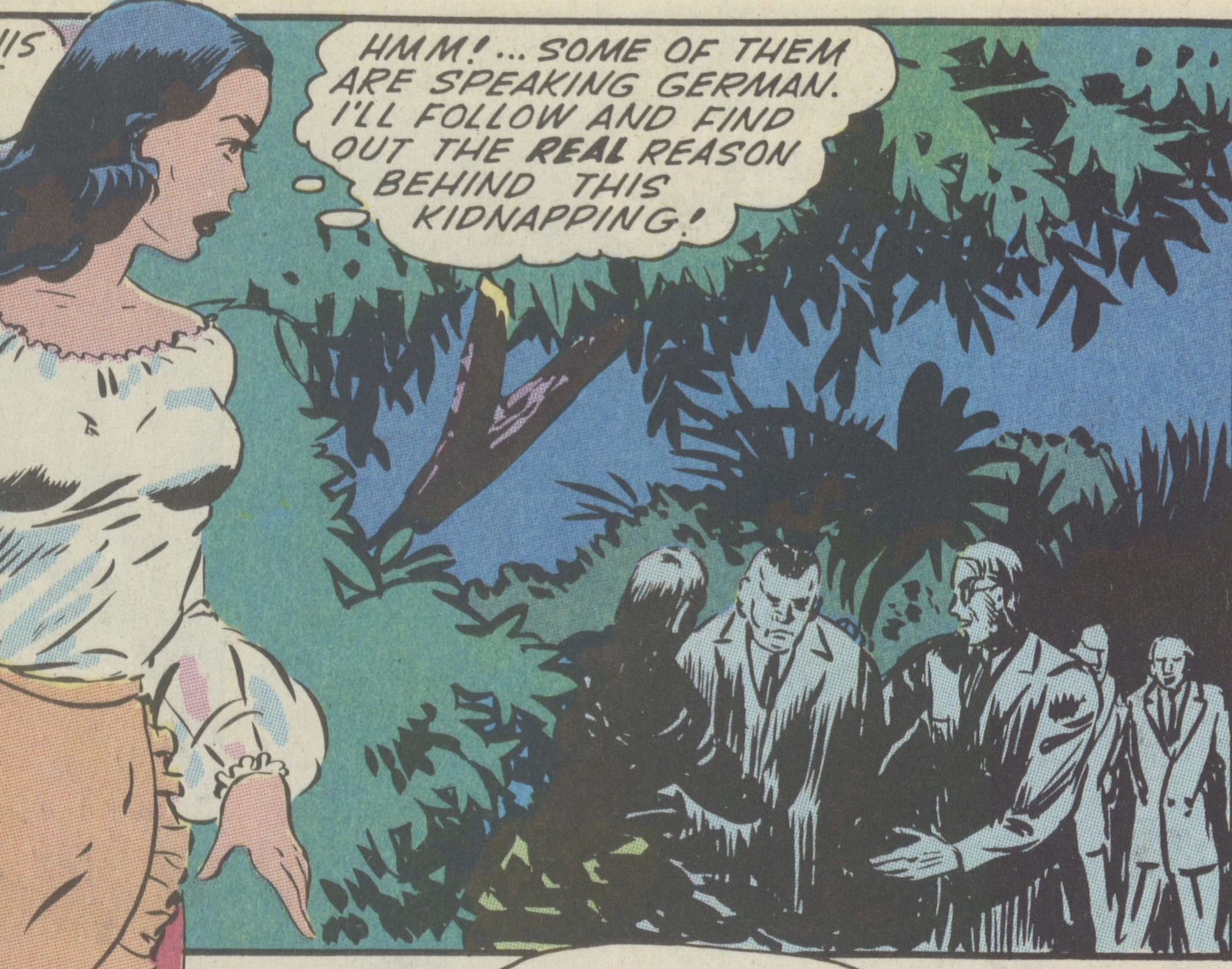
The Pencil and the Sword.
How Lily Renée (1921–2022)
Put her Art to Work Against the Nazis
Featuring Sabine Apostolo and Michael Freund
Jewish Museum Vienna, Austria
1014 - space for ideas
1014 5th Avenue, New York, New York, NY, United States
Born 1921 in Vienna, Lily Renée Willheim led a sheltered and cultured life until the age of 17 when she had to flee from the Nazi powers, first to England, then to New York. By accident and because of her artistic talent, she became one of the leading cartoonists during World War Two, creating artwork in which anti-fascist messages were as important as aesthetic considerations. For many decades after the end of the war, she continued to work creatively in various art forms. Image above: Detail of Lily Renée, Title Page, Femforce Good Girl art quarterly, reprint, summer 1991 © Lily Renée In their presentations, Sabine Apostolo and Michael [...]
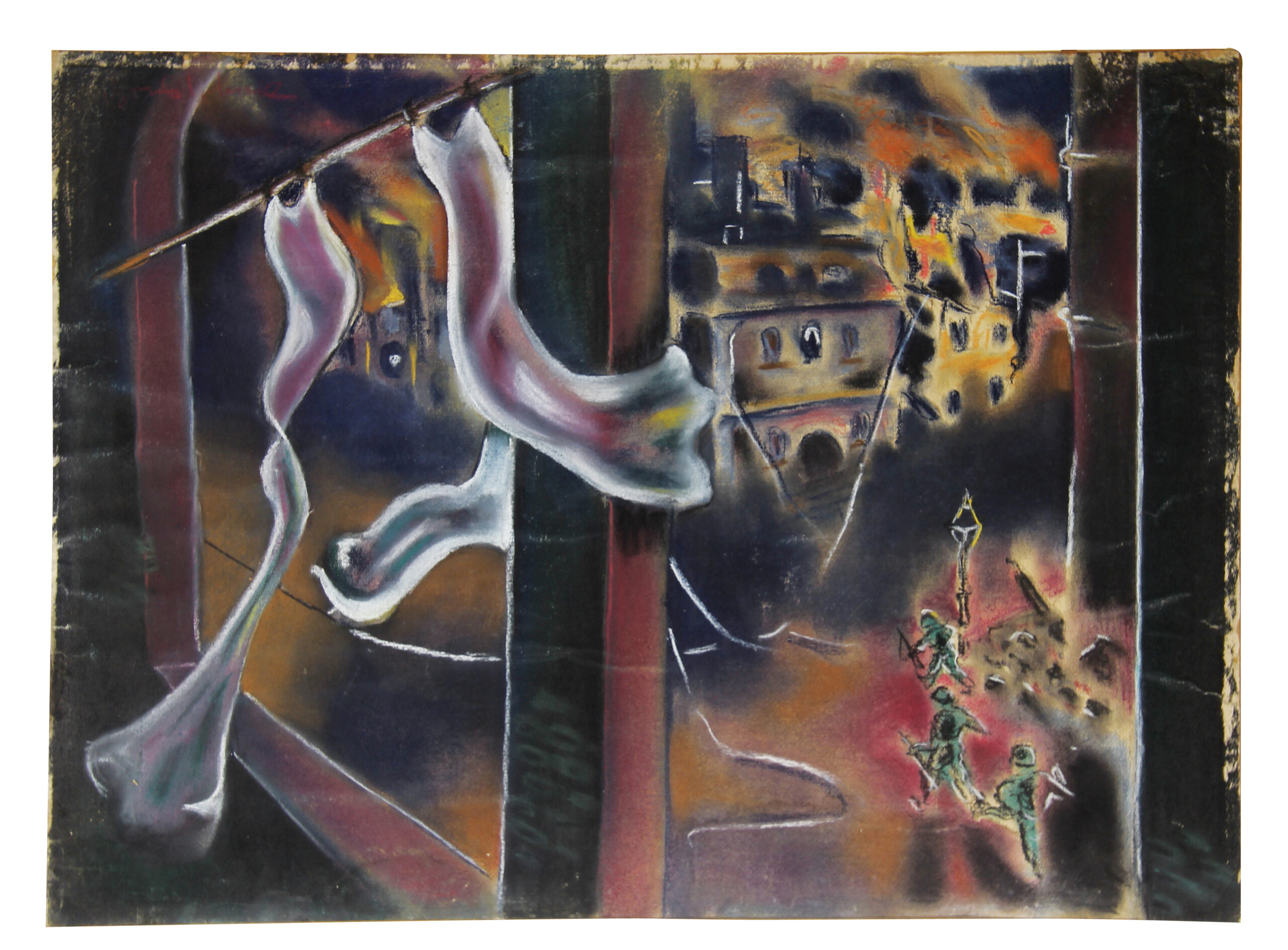
Boris Lurie:
Searching for Truth in Holocaust Images
Featuring Eckhart Gillen, PhD, Berlin (Germany)
1014 - space for ideas
1014 5th Avenue, New York, New York, NY, United States
In Claude Lanzmann’s seminal nine-and-a-half-hour film SHOAH, he chose not to use any images of the Holocaust, telling the story instead solely through the words of witnesses. By contrast, art historian Georges Didi-Huberman and contemporary artist Gerhard Richter have both emphasized the power of images to reflect and educate—the former in his book Images in Spite of All: Four Photographs from Auschwitz, and the latter in a series of paintings titled “Birkenau.” Join the Museum of Jewish Heritage and the Fritz Ascher Society for a lecture exploring the tension between these different perspectives on images, words, and the Holocaust with German art historian and curator Eckhart Gillen. Gillen grounds the discussion in the example of Boris Lurie, the subject [...]
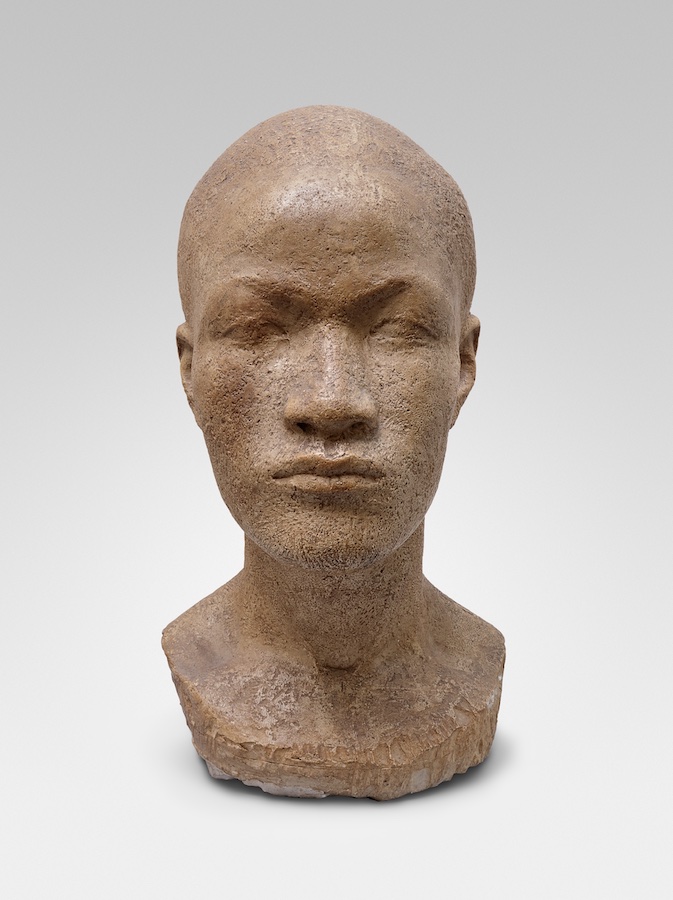
Jussuf Prince of Thebes –
Re-constructing the life and work of a forgotten talent from Safed
Featuring Dorothea Schöne, Berlin (Germany)
Marlene Meyerson JCC Manhattan
334 Amsterdam Ave, New York, NY, United States
In the late nineteenth century, the sculptor Joseph M. Abbo (1888–1953) – who later renamed himself Jussuf Abbo – was born in Safed, in the province of Beirut of the Ottoman Empire. As a young man, he began working as a labourer on the restoration site being led by an architect, Hoffmann, on behalf of the German government. Abbo was noticed and was rapidly promoted to the drawing-office and to stone-carving. He was offered a scholarship at the Berlin School of Art. Jussuf Abbo arrived in Germany in 1911 and began studying at the Royal Academy of Fine Arts in Berlin in 1913. By 1919 he had a master studio in the Prussian Academy of Fine Arts. Throughout the [...]
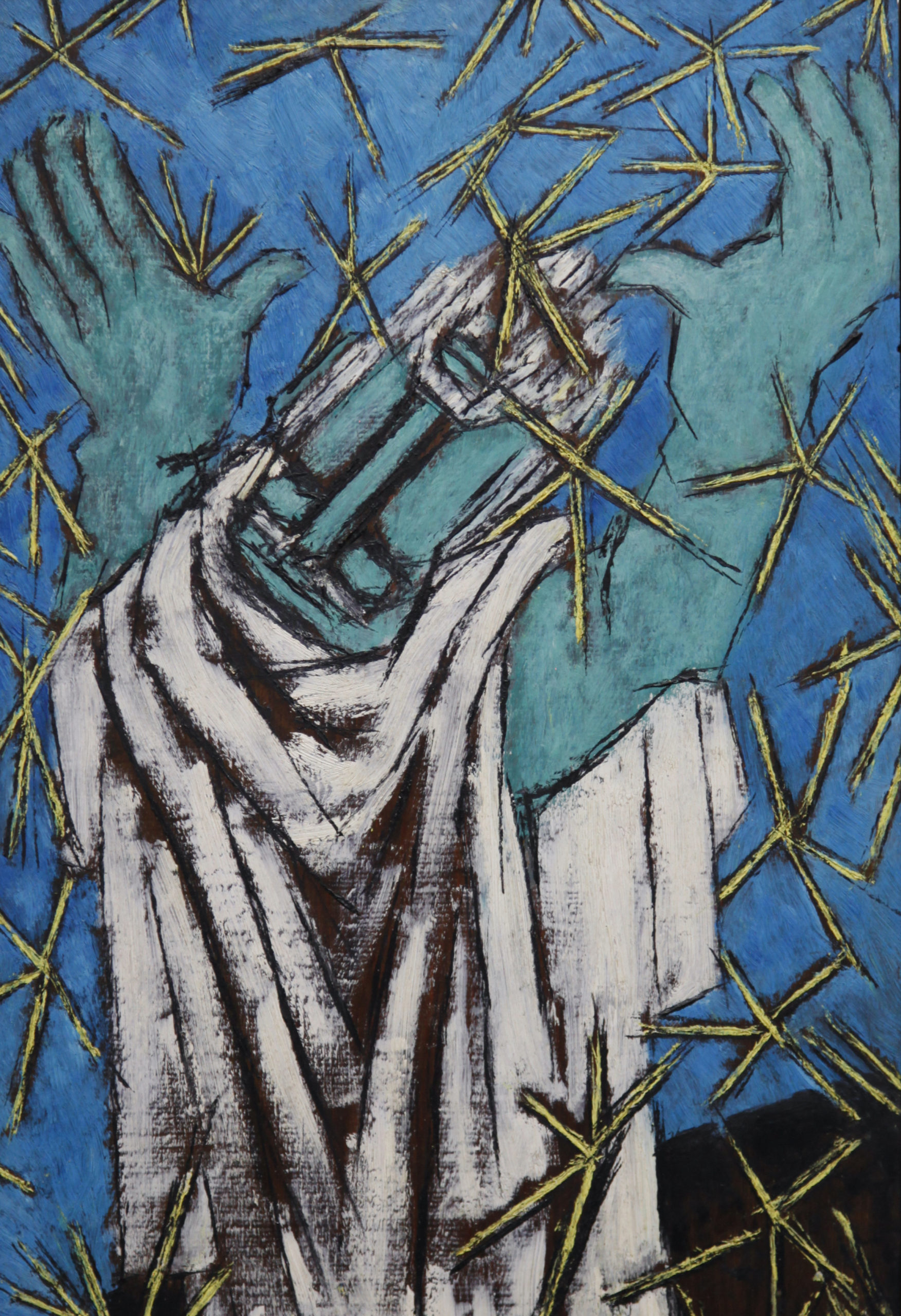
Ben-Zion (1897-1987):
Man of Many Faces
Featuring Tabita Shalem and Ori Z Soltes
1014 - space for ideas
1014 5th Avenue, New York, New York, NY, United States
Born in the Russian Empire, Ben-Zion (Benzion Weinman, 1897-1987) immigrated to New York City between the wars, arriving as a craftsman of words whose cultural Zionist convictions led him to write his poetry in Hebrew. By the early 1930s, the rise of fascism and its particularized manipulations of language drove him to despair of the power of words and to turn to visual art as a medium of expression. Endlessly creative, across the next six decades he produced a flood of drawings and oil paintings and sculptures often made by re-visioning found objects of wood, stone, and iron. As a founding member of the expressionist group, "The Ten"--that included among others a young Mark Rothko--Ben-Zion addressed social, political, and cultural reality [...]
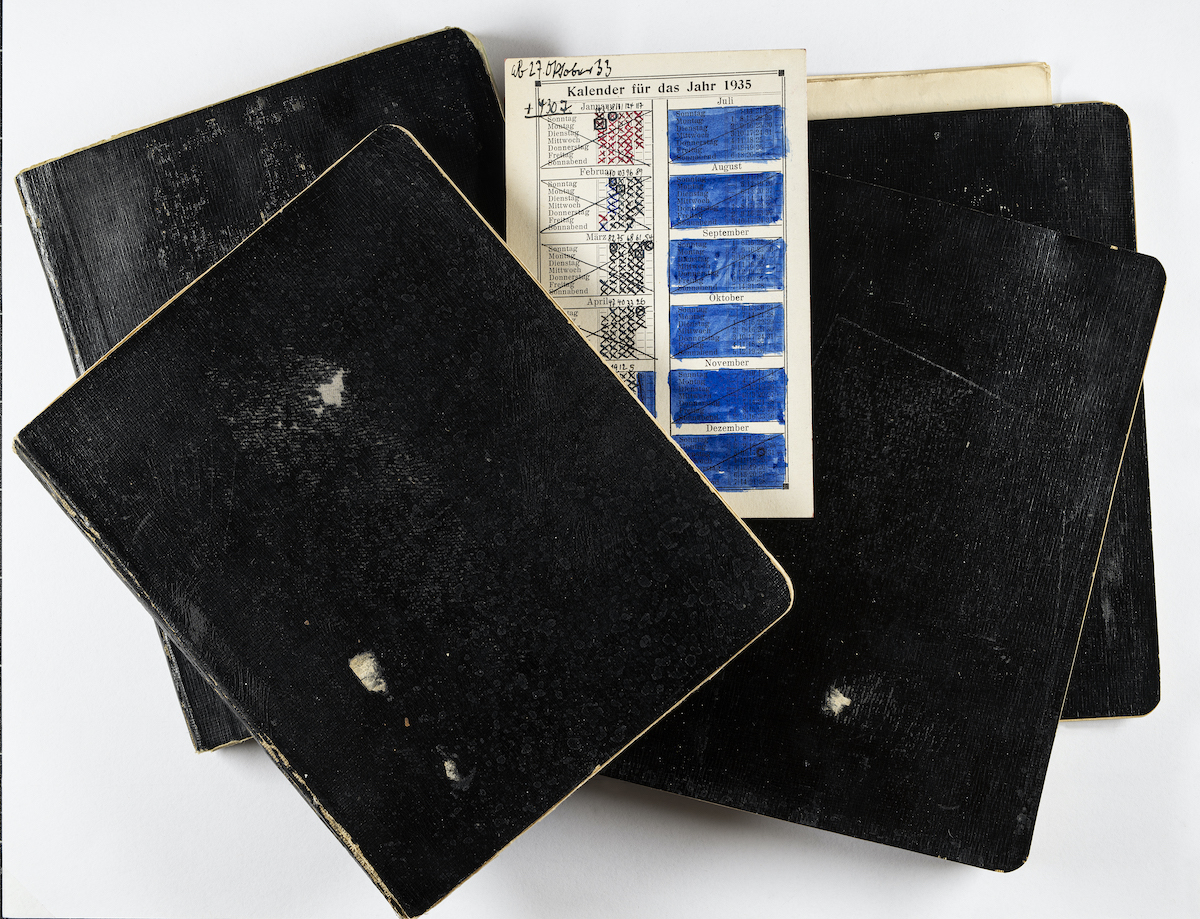
Prison Diaries by Hans Uhlmann, 1933-1935:
Drawing as Life Line
Featuring Dorothea Schöne, Berlin (Germany)
Marlene Meyerson JCC Manhattan
334 Amsterdam Ave, New York, NY, United States
On October 26, 1933, Hans Uhlmann was arrested by the Gestapo on the street. In the notorious Columbia-Haus, he was interrogated for several weeks and then found guilty by the court of appeal of “preparations for a traitorous enterprise.” He spent a year and a half in prison—first in Moabit and then in Tegel Prison. The artist recorded his experiences of those years in diaries. In parallel with these diaries, he produced four books of sketches. In his diary entries Uhlmann describes his arrest as well as scenes from daily life in confinement but above all his artistic concerns and projects: “I think often of freedom; of my first works; I occupy myself here by imagining these figures” (May [...]
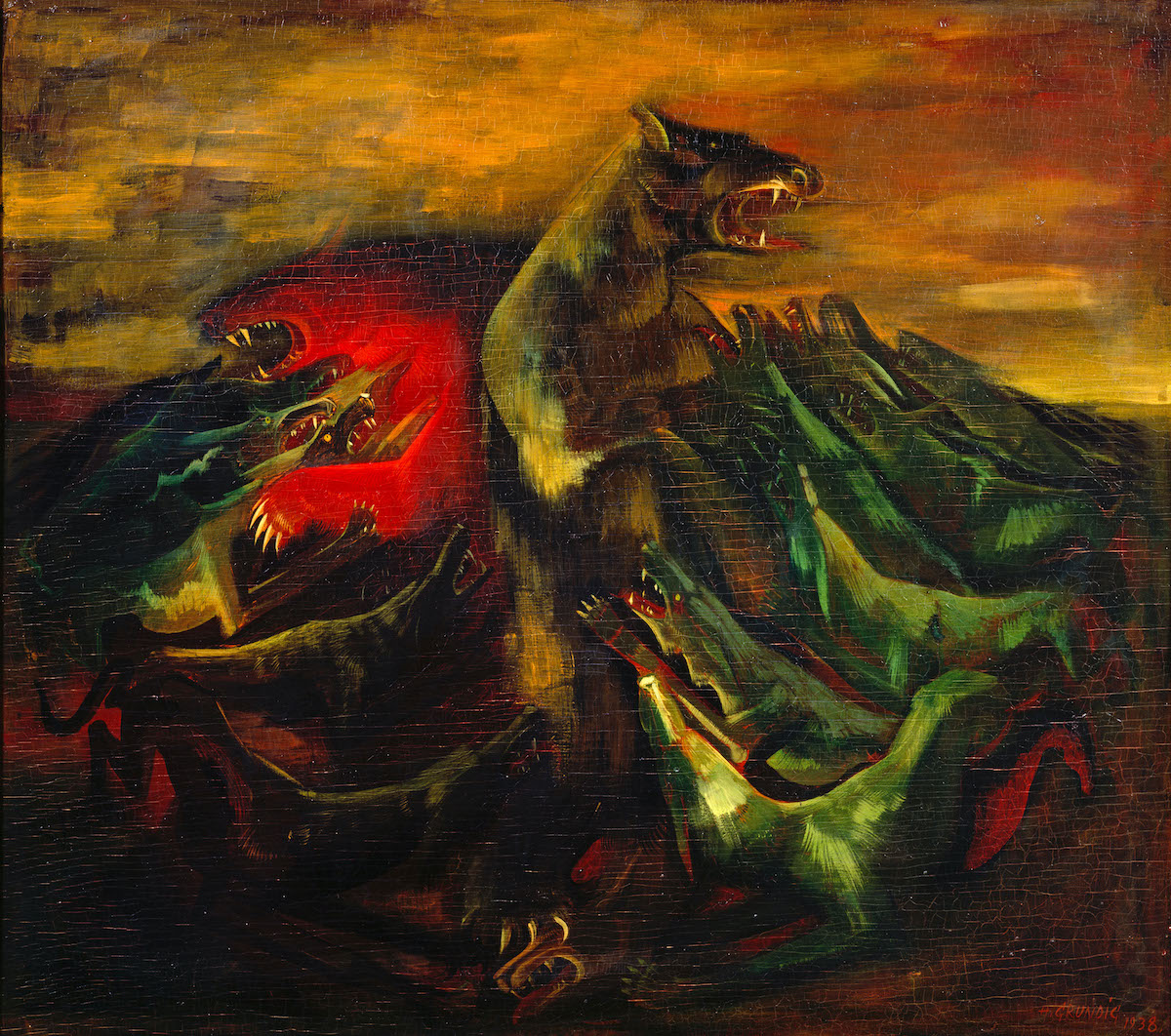
ART FOR NO ONE:
Artists in Germany between 1933 and 1945
Lecture by Ilka Voermann, Frankfurt/Main (Germany)
Marlene Meyerson JCC Manhattan
334 Amsterdam Ave, New York, NY, United States
Between 1933 and 1945, the National Socialist regime controlled artistic work in Germany. Particularly artists who were persecuted based on their religion, race, or political views fled into exile due to threats from the government. But what happened to the artists who remained in the country? Isolation, lack of an audience, and limited exchange impacted the creativity of the individuals who were deprived of a basis for work and life under National Socialism. Their situation is often described in a generalized way as “ostracism” or “inner emigration.” In light of the multilayered and divergent personal circumstances, however, these terms fall short of the mark. Image above: Hans Grundig, Clash of the Bears and Wolves, 1938, Oil on plywood, 90,5 [...]
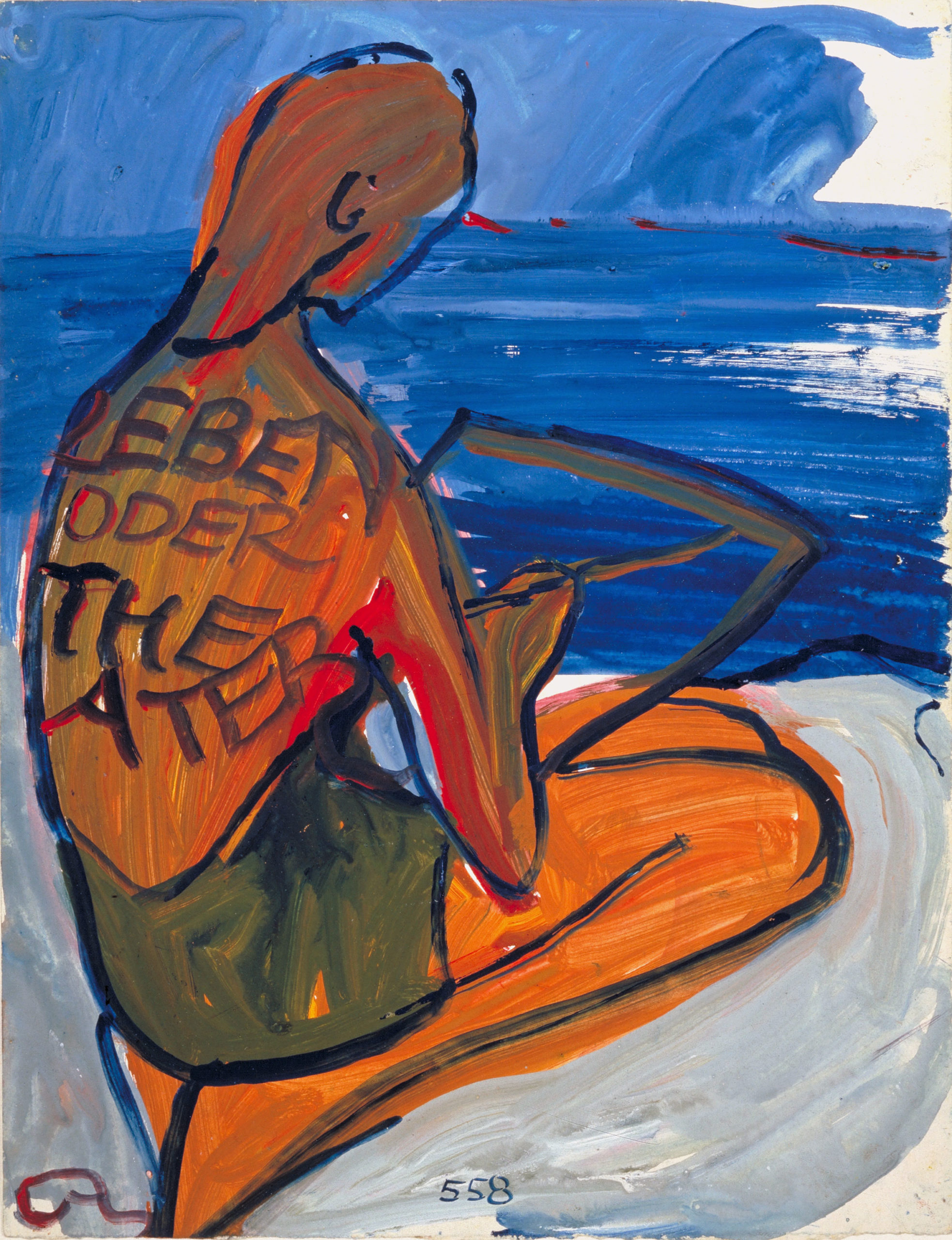
Charlotte Salomon (1917-1943):
A Life Before Auschwitz
Lecture by Monica Bohm-Duchen, London (UK)
Quad Cinema
34 West 13th Street, New York, NY, United States
Charlotte Salomon (1917-1943), was a hugely talented Berlin-born artist who was murdered at Auschwitz, four months pregnant, at the age of twenty-six. Her main body of work, a sequence of nearly 800 gouache images entitled Leben? oder Theater? (Life? or Theatre?), and created while seeking refuge in the South of France, is an ambitious fictive autobiography which deploys both images and text, and a wide range of musical, literary and cinematic references. The narrative, informed by Salomon's experiences as a cultured, and assimilated German Jewish woman, depicts a life lived in the shadow of Nazi persecution and a family history of suicide, but also reveals moments of intense happiness and hope. Challenging the artistic conventions of Salomon’s time, it remains [...]
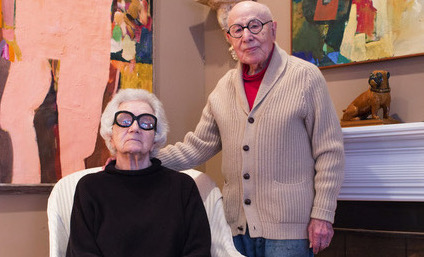
Judith and Gerson Leiber.
A Life of Beauty, Love and Inspiration
Lecture by Ann Fristoe Stewart
Quad Cinema
34 West 13th Street, New York, NY, United States
“If Romeo and Juliet had lived into their 90s, they would have been Judy and Gerson.” That’s how Jeffrey Sussman described Judith and Gerson Leiber. Join us as Ann Fristoe Stewart gives a unique insight into the astonishing story of famed handbag designer Judith Leiber, a survivor of Hitler’s Europe who came to America and took the fashion accessory industry by storm, and of highly accomplished and creative artist Gerson Leiber, and speaks about the creativity, humanity, the love and the genius of Judith and Gerson Leiber. Image above: Judith and Gerson Leiber © The Leiber Collection Judith Leiber, Peacock-Shaped Minaudiére with Multicolor Crystal Rhinestones and Black Onyx & Sodalite Stone Details, 2004. Photo credit: Gary Mamay © The Leiber [...]
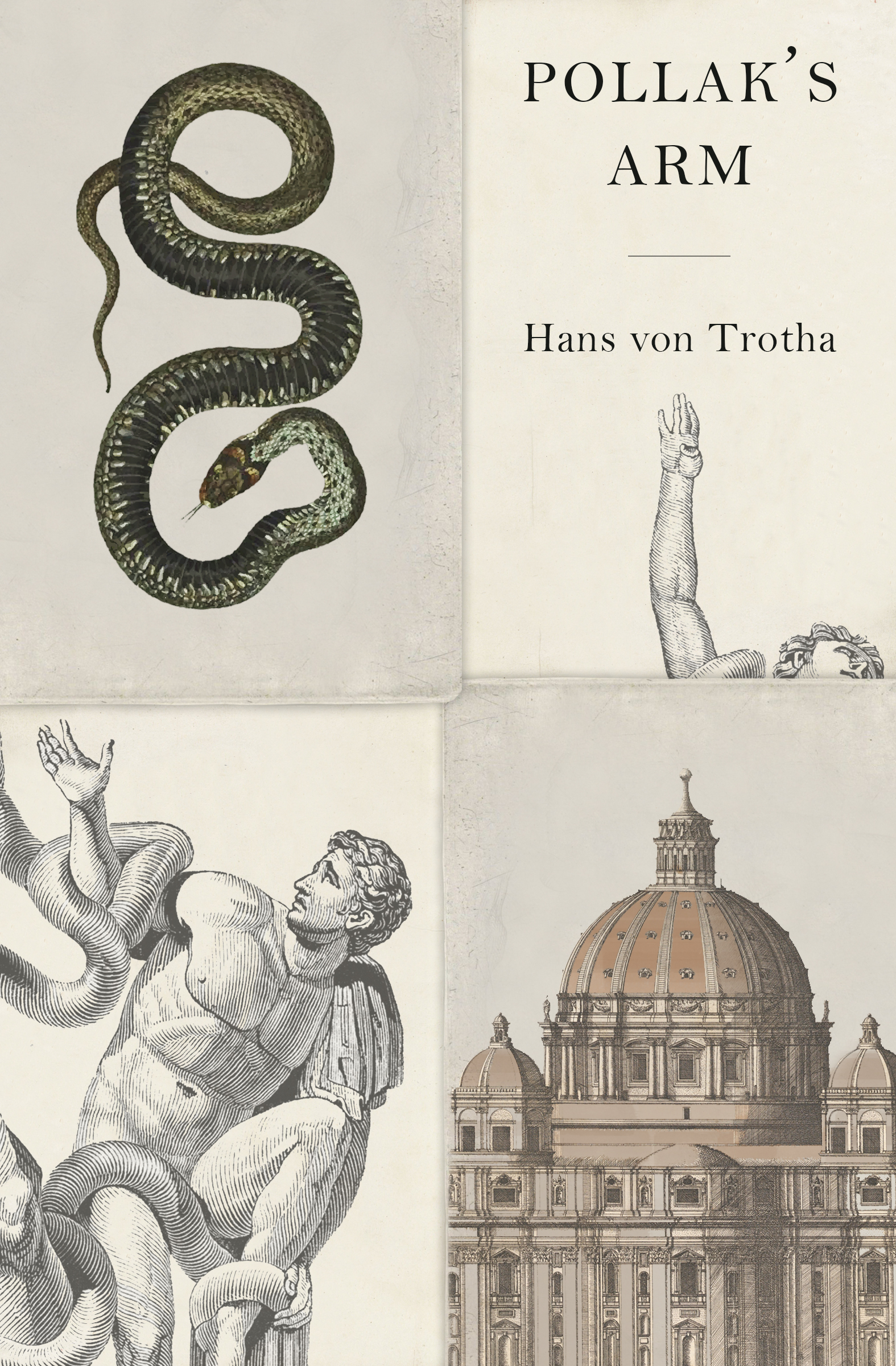
Death and Immortality:
The Gentle Power of Hans von Trotha’s “Pollak’s Arm”
Hans von Trotha and Ori Z Soltes in conversation
Marlene Meyerson JCC Manhattan
334 Amsterdam Ave, New York, NY, United States
Ludwig Pollak (Prague 1868-1943 Auschwitz) was an extraordinary connoisseur of antiquities--an Austro-Hungarian Jew whose path into academia was impeded by his religion, but who settled in Rome, where he carved out a unique place for himself as an expert in recognizing, understanding, and organizing great works of art. It was he who shaped and articulated the magnificent collections of JP Morgan. Of perhaps even greater consequence, his astute eye saw a sculpted fragment of an arm in a flea market that, he deduced, was the limb missing from the spectacular Hellenistic-Roman sculptural group known as Laocoon. He gifted that arm fragment to the Vatican so that it might complete the work that occupied an important place within its museum collections. [...]


